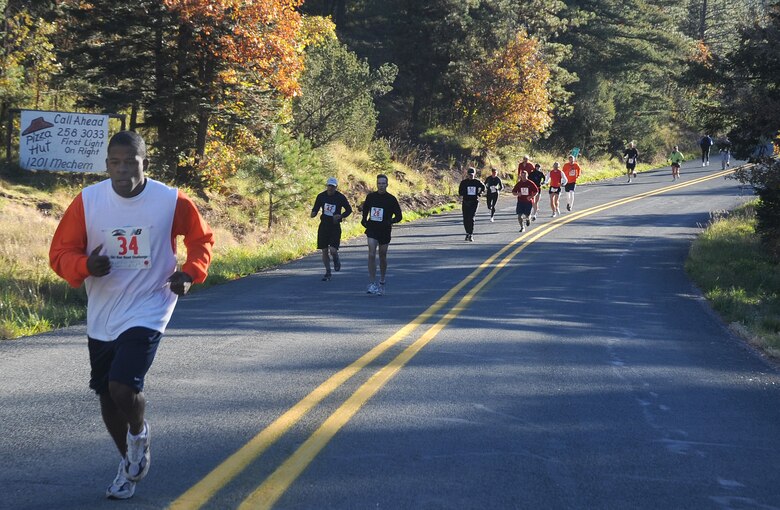Choosing a Research Topic
It can be tricky to identify a research topic and narrow your topic into a specific research question. There are a few ways to come up with a topic:
- Consider topics that really interest you. You'll always be more invested when you actually care or have a connection to the topic you're researching.
- Look towards recent news articles or research articles (found in recently published journals).
- Consider topics covered in your textbooks and dig in further.
- Are there any controversial topics that you feel you can add to?
Once you have identified a few topics you may be interested in, test them by searching in the databases (covered in the next tab of the guide). Is there a lot of research out there on your topic? Consider narrowing it to a different focus or try another topic. Is there absolutely nothing available on your topic? Considering broadening your topic or changing directions. To broaden or narrow your topic, answer some of the basic questions:
- WHO?
- WHAT?
- WHERE?
- WHEN?
- WHY?
- HOW?
-
How to Write a Research Question (from George Mason University)From GMU; outlines how to draft a clear, concise research question.
Creating keywords
Image: https://www.cannon.af.mil/News/Article-Display/Article/208160/runners-tackle-new-mexico-mountains/
Once you've decided on your topic, you can start creating keywords by answering a few basic questions and coming up with different ways to describe your topic. The sample topic here concerns exercise and higher altitudes. Potential questions and keywords that can be used include:
- What is it I'm researching? What are the main concepts?
- EXERCISE
- ALTITUDE
- What effect do I think altitude has on exercising?
- Who (what population) do I want to focus on for my research?
- MEN?
- WOMEN?
- YOUNG PEOPLE/TEENAGERS/CHILDREN?
- OLDER PEOPLE?
- ATHLETES IN GENERAL?
- ATHLETES OF A PARTICULAR SPORT?
- What are some synonyms or related terms that I could use in place of my initial keywords?
- ALTITUDE TRAINING
- EXERCISE PERFORMANCE
- ALTITUDE SICKNESS
- MOUNTAIN SICKNESS
- HYPOXEMIA
- ACCLIMATIZATION
- PHYSIOLOGICAL EFFECTS OF ATMOSPHERIC PRESSURE
If you're struggling to develop keywords, it could be that you're lacking contextual, background information. It's important to find background information to provide some basic facts and context surrounding your topic. Where exactly can you find this kind of information?
- Textbooks
- General web searching
-
Medline Plusis the National Institute of Health's website for patients and their families and friends. Produced by the National Library of Medicine, the world's largest medical library, it brings you information about diseases, conditions, and wellness issues in language you can understand.
